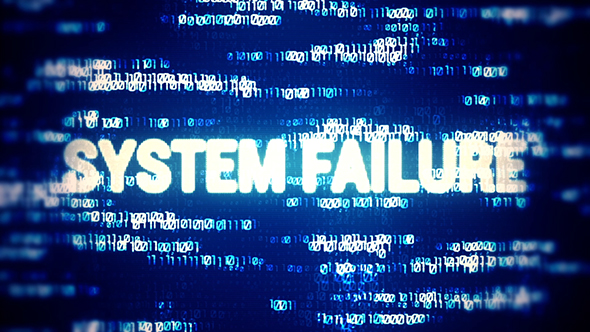Types Of Computer Security Risks
A computer security risk is any action that could cause a loss of or damage to computer hardware, software, data, information, or processing capability.
types of security risks ;
(a) Malware :
Malware is malicious software, which are programs that act without a user’s knowledge and deliberately /purposely alter the computer’s operations.
Types of Malware :
Types of Malware :
*Computer viruses : A potentially damaging program that affects, or infects a computer or mobile device negatively by altering the way the computer or device works without the user's knowledge or permission
*Worms : Program that copies itself repeatedly, for example in memory, using up resources and possibly shutting down the computer, device or network.
*Trojan Horses : Program that hides within or looks like a legitimate program. Unlike a virus or worm, a trojan horse does not replicate itself to other computers or device.
(b ) Hardware Theft
poses less of a threat to home desktop computer users and individually owned notebooks and phones. Companies, schools, and other organizations that have many computers are at risk of hardware vandalism.
Hardware theft – is the act of stealing computer equipment.
Hardware vandalism – is the act of defacing or destroying computer equipment.
Hardware theft and vandalism is common more than ever in the 21st century. Hardware vandalism r hardware theft as there are smaller system units, output devices and connecting cables that can fit easily fit into bags and pockets. Hardware vandalism occurs when people cut cables or damage and destroy computers or computers components whereas hardware theft is the stealing of this computers and computer components. All most all measure to protect computers from hardware theft and vandalism are security measures.
( c ) Software Theft
Software theft means the unauthorized or illegal copying, sharing or usage of copyright-protected software programs. Software theft may be carried out by individuals, groups or, in some cases, organizations who then distribute the unauthorized software copies to users.
Software theft is committed when someone performs any of the following:
- Steals software media
- Deliberately erases programs
- Illegally copies or distributes a program
- Registers or activates a software program illegally
( d ) Information Theft

crime in which an imposter obtains key pieces of personally identifiable information, such as Social Security or driver's license numbers, in order to impersonate someone else.
The information can be used to obtain credit, merchandise and services in the name of the victim, or to provide the thief with false credentials. In addition to running up debt, in rare cases, an imposter might provide false identification to police, creating a criminal record or leaving outstanding arrest warrants for the person whose identity has been stolen.
( e ) System Failure

Systems Failure is a role-playing game written by Bill Coffin and published by Palladium Books .
The fictional premise for the game is that during the "Millennium bug" scare, actual "Bugs" appeared. They are energy beings from beyond Earth (whether another dimension or another planet is not clear) that invaded at the end of 1999, leaving a post-apocalypticworld in their wake. The Bugs feed on energy and are capable of transmitting themselves through modern power transmission and phone lines.
The Bugs come in several varieties. There are the drone-like Army Ants who have only basic intelligence, the more intelligent Assassin Bugs who can replicate human speech, though imperfectly, and the flying Lightning Bugs, amongst others. All of them are able to turn themselves into energy or rapidly call up reinforcements. In addition to these, there are "brain bugs", a variety that can invade human minds and turn them into zombie-like servants of the Bugs.
Players take the part of survivors of this invasion ten years after it occurred. Some groups, such as survival-oriented militias, were well-prepared for something to go wrong and so form the nuclei of stable societies and resistance to the Bugs. Military units have converged on NORAD which is using genetic engineering to create new weapons that the Bugs cannot gain control of, and to create super-soldiers, both those that have psionic powers and those who have been mutated into insect-like supermen using Bug DNA. In addition, there are people who have been driven mad by the stress, those who have joined gangs and seek to exploit others, and those who trade their skills as mechanics, medics, scientists, or merchants.
( f ) Unauthorized Access And Use
Unauthorized access is when someone gains access to a website, program, server, service, or other system using someone else's account or other methods. For example, if someone kept guessing password or username for an account that was not theirs until they gained access it is considered unauthorized access.Unauthorized access could also occur if a user attempts to access an area of a system they should not be accessing. When attempting to access that area, they would be denied access and possibly see an unauthorized access message.Some system administrators set up alerts to let them know when there is an unauthorized access attempt, so that they may investigate the reason. These alerts can help stop hackers from gaining access to a secure or confidential system. Many secure systems may also lock an account that has had too many failed login attempts.



Comments
Post a Comment